Real Talk: Not Always Zen
Have you ever noticed how easy it is to get swept up in the next big thing, especially when you’re desperate for relief? I mean, who wouldn’t want to feel less pain without a mountain of pills? Acupuncture has that mysterious, almost magical reputation. But most people only talk about the good stuff—the “I walked out glowing” stories. What about the flip side? The awkward, bruised, or “huh, why am I dizzy?” moments you don’t hear about until after the needles?
I learned the hard way that chasing after pain relief sometimes means stumbling into side effects no one warned me about. And hey, if you’re reading this, maybe you’ve wondered too: is there a catch? Grab your favorite drink and let’s walk through the disadvantages of acupuncture in plain English. Trust me, it’s better to know now than regret it later.
Pain: Not Always the Good Kind
Alright, let’s rip off the bandage: yes, acupuncture can hurt. Not always in that “ouch!” kind of way, but more like a weird, dull ache at the needle spot. Sometimes it’s barely a twinge—sometimes it lingers. According to research on adverse effects after acupuncture, pain at the insertion site is actually the most common side effect, showing up in about 12% of cases. Most folks say it fades in a few hours, but if you get unlucky—or your acupuncturist isn’t super precise—that soreness might stick around longer than you wanted.

So, What Does It Feel Like?
For me, it was a little like the post-workout pain you only notice the next day: kind of dull, sometimes throbbing, and hard to ignore if your clothes brush against it. A friend of mine tried it after a marathon (because runners will try anything), and she swore one point on her shin throbbed for days. Was her experience rare? Not really—especially if your skin is sensitive or you’re already a bit anxious about needles.
Comparing Pain and Soreness Table
| Location | Typical Feeling | Duration |
|---|---|---|
| Back or Neck | Dull ache, tenderness | Up to 24 hours |
| Arms/Legs | Mild bruising, tingly | Few days |
| Face/Ears | Redness, slight swelling | Hours |
Honestly, it’s usually tolerable—but if you have a low pain tolerance or hate surprises, it’s something to prep for.
Bumps, Bruises, and Blood…Oh My?
Have you ever had someone ask, “Whoa, what happened to your arm?” and you suddenly realize you have a purple-ish spot you can’t explain? Welcome to the club. Even though acupuncture needles are crazy thin, they sometimes puncture tiny blood vessels, leaving behind a bruise or two (as described by StrivePT). Honestly, my first bruise was small, barely there—but some people get ones that look like they lost a fight with a paintball gun.
On rare chances, you might see a drop or two of blood. No, you’re not secretly becoming a pincushion—but the visual can be a little jarring if you’re not ready for it. If you take blood thinners, have fragile skin, or just like to bruise easily, you might want to stay extra vigilant.
Is This Normal? What If It’s More?
Here’s the good news: bruising isn’t dangerous and almost always fades within a week. Statistically, serious issues are rare. The British Medical Journal even found bruising in only 1 out of 10,000 treatments (see Neuroacupuncturerehab). Usually, it’s harmless. But, if you get a nasty bruise every session? Time to chat with your practitioner… or rethink your approach. Sometimes switching point locations (or practitioners) can slash your odds of walking out looking like a connect-the-dots game.
Dizziness, Fatigue, and Zoning Out
Now, let’s talk about the “hangover” feeling—the one no one really warns you about in the first consult. After my second session, I staggered out feeling ready for a nap and almost too dizzy to drive home. Apparently, about 7% of people might feel woozy or even faint, especially if it’s their first time or if they haven’t eaten (NHS advice). Not the blissed-out chill I was hoping for…
Some folks snap right back to normal; others end up on the couch all afternoon. There’s a legit reason: acupuncture can trigger a big ol’ shift from “fight-or-flight” to “rest-and-digest.” Sometimes your body just takes a while to catch up. If you feel tired, that’s usually okay. But if you’re so foggy you can’t function, you might want to reconsider your schedule after treatment.
What If I Get Emotional?
Funny story—in one of my sessions, I started crying out of absolutely nowhere. No trauma, just a wave of tears. At first, it felt awkward, but my acupuncturist nodded like it was Tuesday. Emotional releases are totally a thing, especially if you’re storing up stress. In fact, releasing pent-up emotions is considered, well, therapeutic in Chinese medicine circles. But it can catch you off guard—don’t say I didn’t warn you.
Beyond the Bruises: Nausea and Digestion Drama
Ready for more awkwardness? Digestive troubles sometimes join the after-party. According to a massive review of acupuncture side effects, symptoms like nausea, loss of appetite, and even mild diarrhea crop up, especially after intense sessions or if you haven’t eaten. Most of the time, it’s gone in 24 hours, but if your tummy’s already sensitive, you might want to bring some ginger chews or take it easy on the post-session burrito.
While rare, some people find relief quicker if they just avoid heavy meals before and after. No one wants to spend their post-acupuncture glow in the bathroom…
More Serious… and Honestly Scarier… Risks
Okay, so here’s where it gets serious. Yeah, most disadvantages of acupuncture are mild. But (and it’s a big BUT), there are rare risks. Ever heard of pneumothorax? That’s a fancy way of saying “whoops, we hit a lung” (mostly when needles are too deep near the chest). Not common at all… but it’s happened (see systematic review of adverse events). Organ and nerve damage? Very unlikely, but technically on the list—especially if your practitioner isn’t properly trained.
And about infections: this isn’t one of those “wash your hands and call it a day” scenarios. Unsterilized needles or sloppy hygiene can totally lead to infections—sometimes minor, rarely more serious. That’s why you should always check—is your provider using FDA-approved, single-use needles? Did they unpack them in front of you? Don’t be afraid to ask… your health is the priority!
Red Flag Checklist
- Practitioner doesn’t explain the process
- Needles look reused/unwrapped
- Room feels unclean
- They dodge questions about side effects
Basically, trust your gut. If you don’t feel comfortable—or something feels off—walk away.
Wait… Does It Even Help?
It’s the ultimate question, right? Does the poking, bruising, and sometimes awkward aftermath actually do anything for you? Honestly, it’s complicated. Some people swear it’s the best pain relief they’ve ever had (especially for headaches or back pain). Others feel zero difference… and then there are folks like me who felt a little better but weren’t sure if it was just the placebo effect.
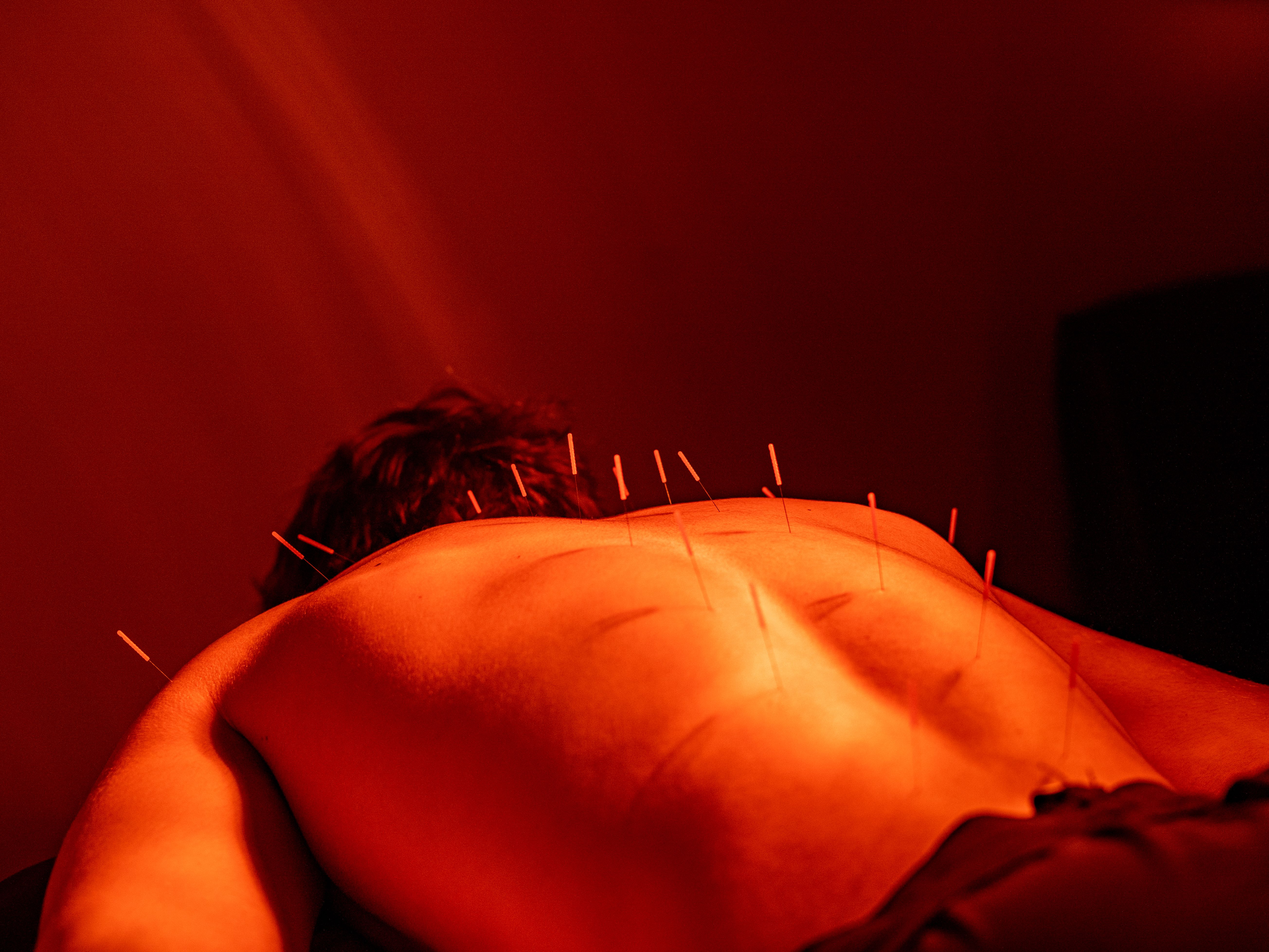
That’s why it’s really helpful to track your sessions. Write down your symptoms before and after. Ask yourself: How do you know if acupuncture is working? Are your pain levels dipping for more than a day or two? Any less reliance on over-the-counter pain meds? If all you get is extra fatigue and bruises after hours of lying still, maybe it’s time to rethink your strategy.
Root Cause or Just a Band-Aid?
One thing that gets glossed over in all those shiny brochures: acupuncture mostly soothes symptoms—it rarely tackles root causes, especially with chronic stuff. If long-term side effects become a worry, check out the long-term side effects of acupuncture people sometimes report. And don’t be shy—ask your practitioner to explain what you should realistically expect. If they dodge the question, that’s probably your answer right there.
Money and Time: What’s It Cost You?
Let’s get painfully practical: acupuncture can add up. Most folks need several sessions. Prices may go from $75 to $120 (or more) per visit, and insurance coverage is… well, unpredictable. If you’re doing this every week, do the math. Is the relief worth the bill?
Quick Cost Table
| Session Type | Average Cost | Sessions Needed |
|---|---|---|
| Initial Consult | $100 | 1 |
| Follow-Up | $75-$120 | 6-10 |
| Herbal Add-ons | $20-$50 | Varies |
Besides the cash, there’s your time: travel, waiting, post-session fatigue. If you feel energized—and your pain melts? Awesome. If not… maybe a brisk walk or gentle yoga (with a trusted teacher) is a better match.
Anxiety, Disappointment, and That Needle Phobia
I can’t count how many times someone’s said, “Oh, I could never do acupuncture, I just can’t deal with needles.” If this is you—hey, it’s 100% valid! Even when the needles are nearly hair-thin, the idea is enough to make some folks break out in a sweat. That anxiety can ruin the whole vibe and sometimes cancel out the benefits. Plus… if you don’t actually enjoy the sessions (or you dread the fatigue, bruising, or soreness), you’ll never get the best results anyway.
Emotional frustration is another sneaky disadvantage. When you’re hoping for miracle relief—and end up barely feeling better, or trading pain for weird side effects—it’s easy to feel let down.
How to Ease the Disadvantages (If You Still Want to Try)
Look, this isn’t a “never try acupuncture!” article. But think of it like getting a new haircut—you want to do your homework and communicate clearly. Here’s what I wish I’d known:
- Check credentials. Your practitioner should be licensed, and they should use sterile, single-use needles.
- Be honest. Tell your acupuncturist about all your meds, allergies, and medical issues (especially blood thinners or immune problems).
- Stay clear-headed. Don’t go in hungry, exhausted, or caffeinated to the max.
- Take notes. Seriously—keep track of symptoms and mood.How do you know if acupuncture is working? Write it down!
- Set boundaries. If you’re not comfortable, say so. If anything feels wrong, stop immediately.
And if you notice repeated or weird side effects? You guessed it—peek at the long-term side effects of acupuncture to see what’s actually normal and when to call your provider.
Conclusion: Own Your Wellness Journey
If you’ve made it this far, you already care more about your own wellness than most folks muddling through. Acupuncture can be a wonder… or it might just leave you tired, bruised, or out a chunk of money. The disadvantages of acupuncture are real, but when you know what to expect, you have the power to make choices that fit your life. The more you understand (and the more you track your own symptoms—seriously, check out how do you know if acupuncture is working for ideas), the smarter your next step will be.
You don’t owe anyone a trendy treatment—just take care of you, however that looks. What’s your experience? Ever had a side effect no one warned you about? I’d love to hear your stories, worries, or maybe even wins. Drop a comment or let’s chat health next time. Be kind to your body, okay?

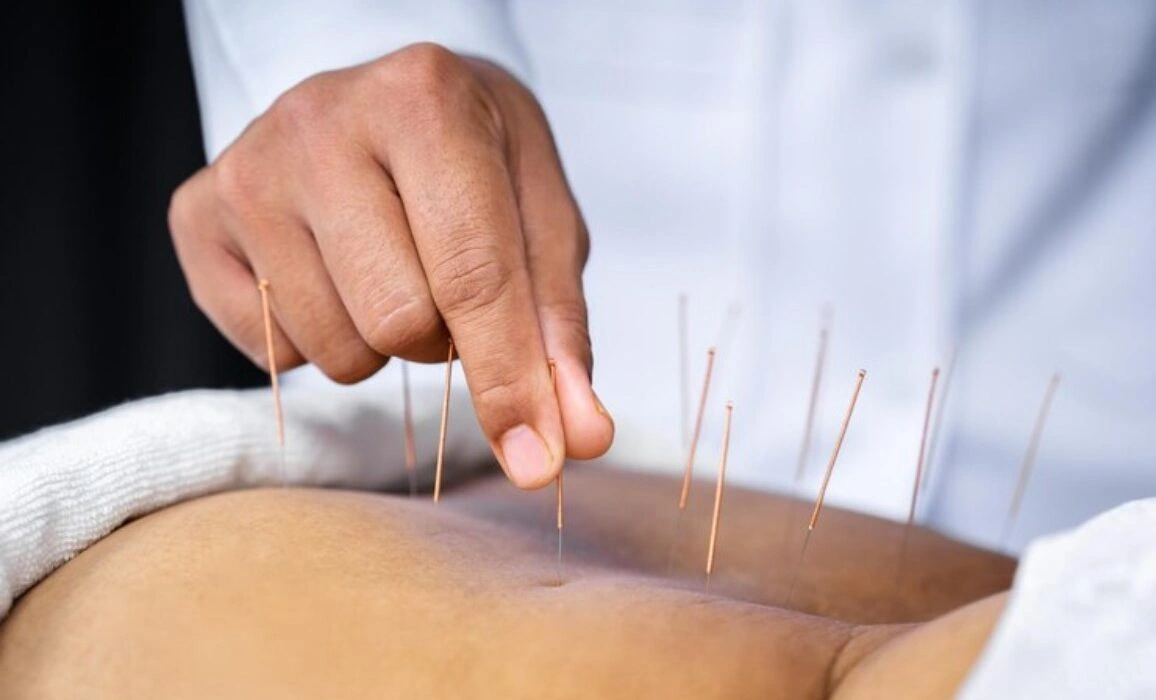

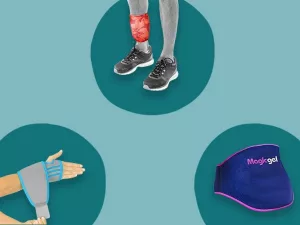

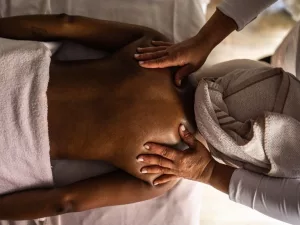





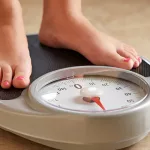


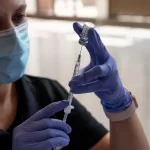








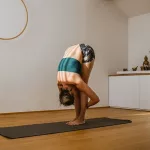

Leave a Reply
You must be logged in to post a comment.